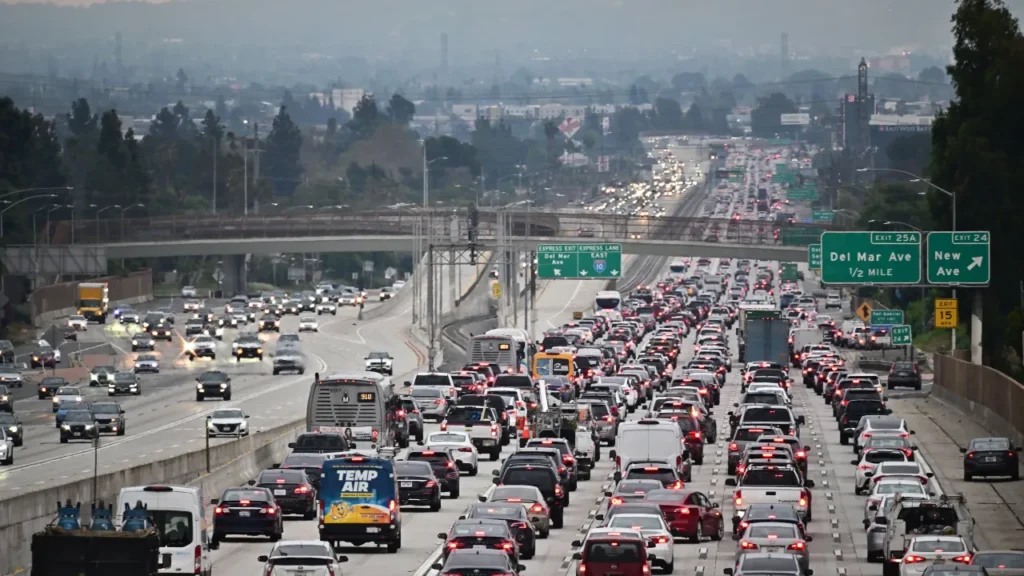California to Vote on Stricter Low Carbon Fuel Standard Amid Higher Cost Concerns

|
Listen to this story:
|
- California regulators are voting on stricter Low Carbon Fuel Standard (LCFS) changes to boost low-carbon fuel production and meet climate goals, aiming for a 30% reduction in carbon intensity by 2030 and 90% by 2045.
- Critics, including oil companies and consumer advocates, argue the policy could raise gasoline prices and prioritize biofuels over electric vehicle advancements.
- The California Air Resources Board (CARB) faces internal and external opposition, with some members and the Environmental Justice Advisory Committee highlighting economic and equity concerns.
California regulators are preparing to vote on amendments to the state’s Low Carbon Fuel Standard (LCFS), a move that could intensify the push for low-carbon fuels to meet aggressive climate targets. The changes propose raising the carbon intensity reduction goal for transportation fuels from 20% to 30% by 2030 and establishing a 90% target by 2045. This policy, in effect since 2011, has driven significant production in renewable fuels but now faces scrutiny over its future impacts.
The transportation sector, which contributes about 50% of California’s greenhouse gas emissions, remains central to the state’s climate action.
Patrick Serfass, executive director of the American Biogas Council, supports the revisions, stating, “This program represents real reductions in emissions… helping to encourage investment by private industry to get more projects built.”

RELATED ARTICLE: California, A4A Partner to Supply 200 Million Gallons of Sustainable Aviation Fuel by 2035
Economic Concerns:
However, the proposal has met resistance. CARB’s analysis last year indicated potential increases in gasoline prices by an average of 37 cents per gallon from 2024 to 2030. CARB’s internal environmental justice advisory committee and board member Dean Florez have voiced objections, noting the potential for economic strain and continued reliance on outdated fuels.
The committee emphasized, “CARB staff’s latest proposal… perpetuates reliance on outdated combustion fuels and continues harm to environmental justice communities.”
Policy Implications:
The amendments come as electric vehicle (EV) investments slow, with consumers and manufacturers signaling a hesitant market transition. Internal combustion engines (ICEs) still dominate California’s transportation, underscoring the need for reliable low-carbon fuel alternatives. While renewable fuels have successfully reduced emissions, stakeholders fear that stricter compliance and production caps may hinder future progress and deter investment.
California’s Low Carbon Fuel Standard (LCFS) policy has been a cornerstone of its climate strategy, setting a benchmark that influences national climate policies. The proposed amendments will test the balance between advancing ambitious climate goals and maintaining economic feasibility for consumers and the fuel industry.
Follow ESG News on LinkedIn








